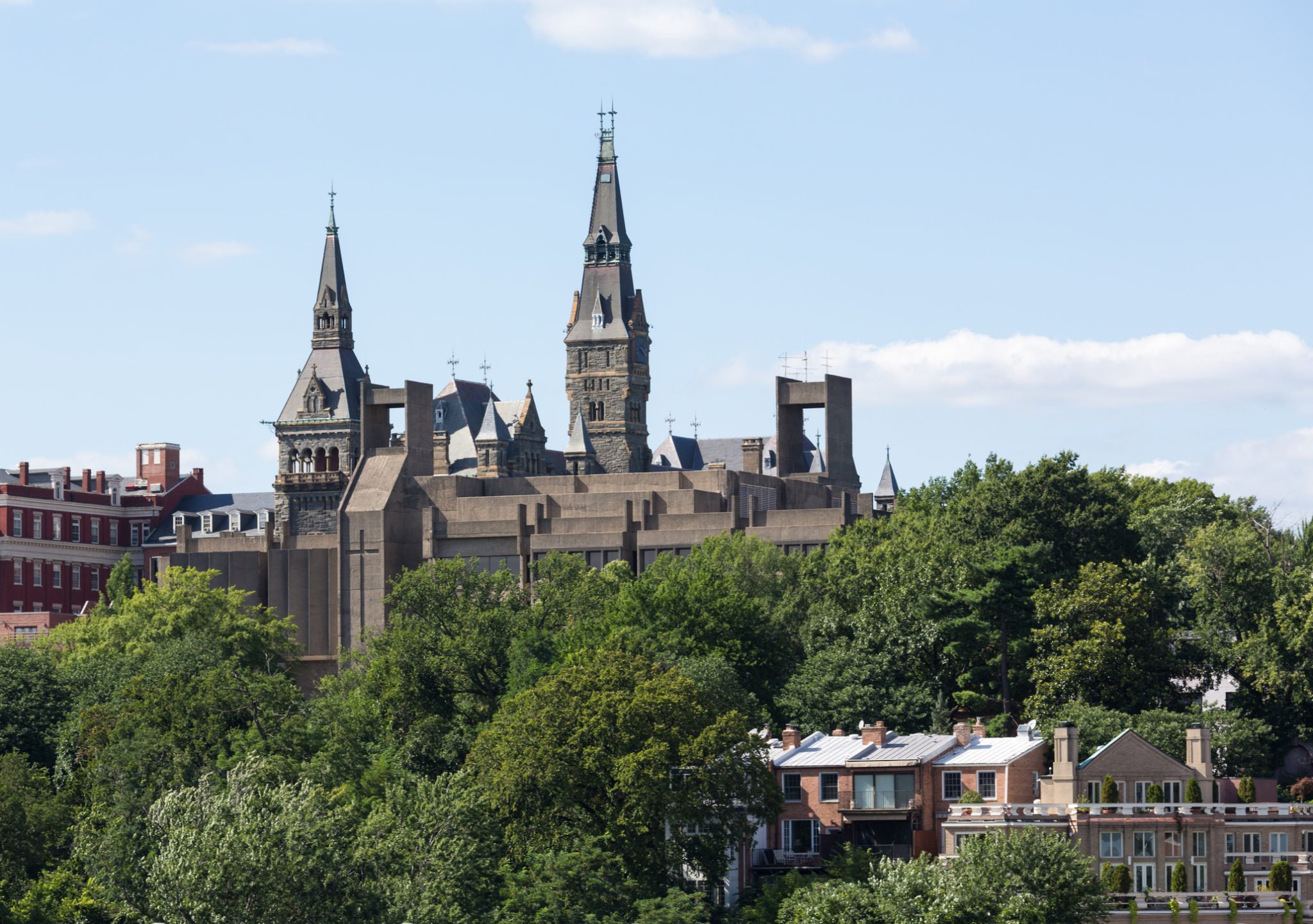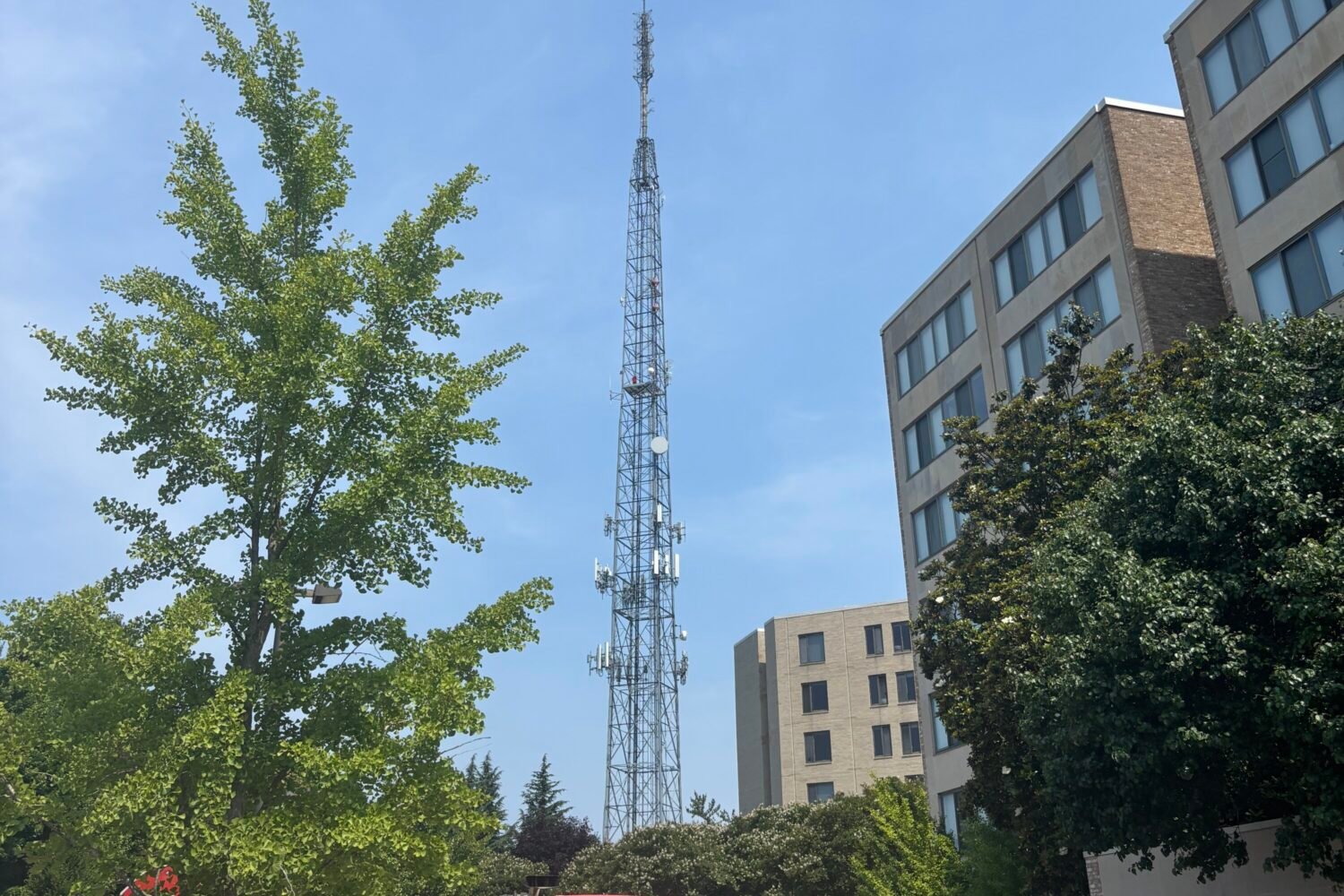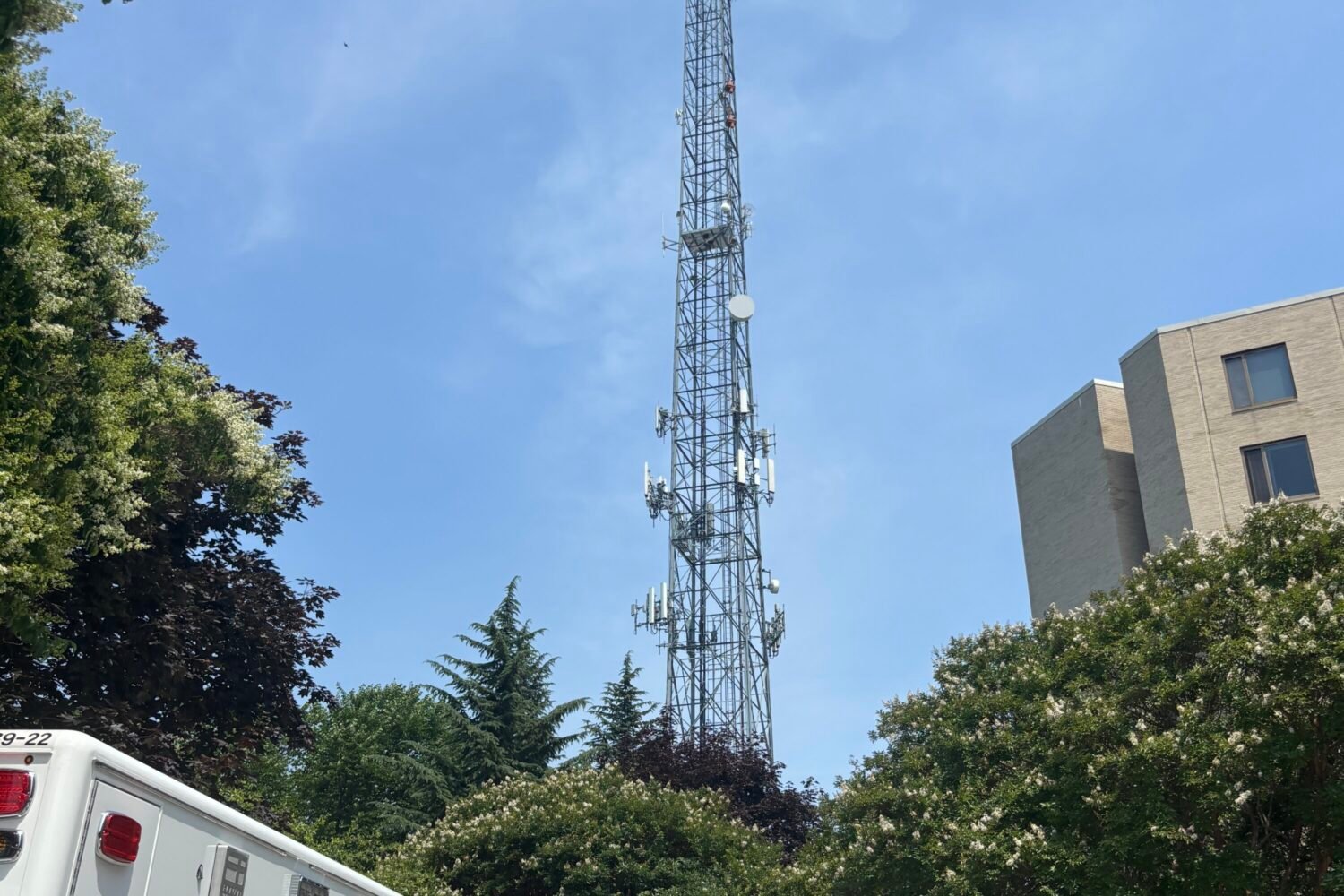It’s a big day for DC university administrators: US News and World Report dropped its 38th annual “Best Colleges” list, and a good handful of the area’s schools rose in the rankings.
In a nutshell, both Georgetown University and George Washington University climbed up one step up on this year’s “Best National University” list. Georgetown is now at number 22, tying with Emory University in Atlanta and Carnegie Mellon University in Pittsburgh. This means Georgetown remains the top-ranked DC-area school. Further down on the list, George Washington rose to number 62.
Other area schools saw slightly bigger jumps. The University of Maryland in College Park rose four rungs to number 55, up from 59 last year. American University rose to number 72, up from 79 last year. And Fairfax’s George Mason University saw the biggest jump locally, rising 11 rungs to number 137.
But not all schools fared as well. Gallaudet University tied for number 127—the same ranking it held last year. Meanwhile, Catholic University of America fell 40 slots down to number 176, while Howard fell to number 89, down from number 83 last year. On the bright side, Howard did rise to number 30 in the category of “most innovative schools.” Plus it remains ranked as number 2, behind Spelman College in Atlanta, in U.S. News’ rankings of historically Black colleges and universities.
There’s also a new contender on the list: Arlington’s Marymount University, which came in at number 299 (albeit, it tied with 17 other schools). It is the first time Marymount has been on the list of top national universities.
This year’s rankings come from an analysis of 1,500 U.S. bachelor’s-granting institutions—an all-time high—according to U.S. News, which ranks the schools based on 17 different metrics, such as student-faculty ratio, Pell Grant graduation rates, financial resources, and first-year student retention.
Per usual, the rankings haven’t come without criticism. As The Washington Post reported today: While U.S. News remains among the most prestigious of college rankings, it faces mounting criticism “about the data that underlie them, the methods used to sort colleges and universities and the intense competition from other publications.”



















